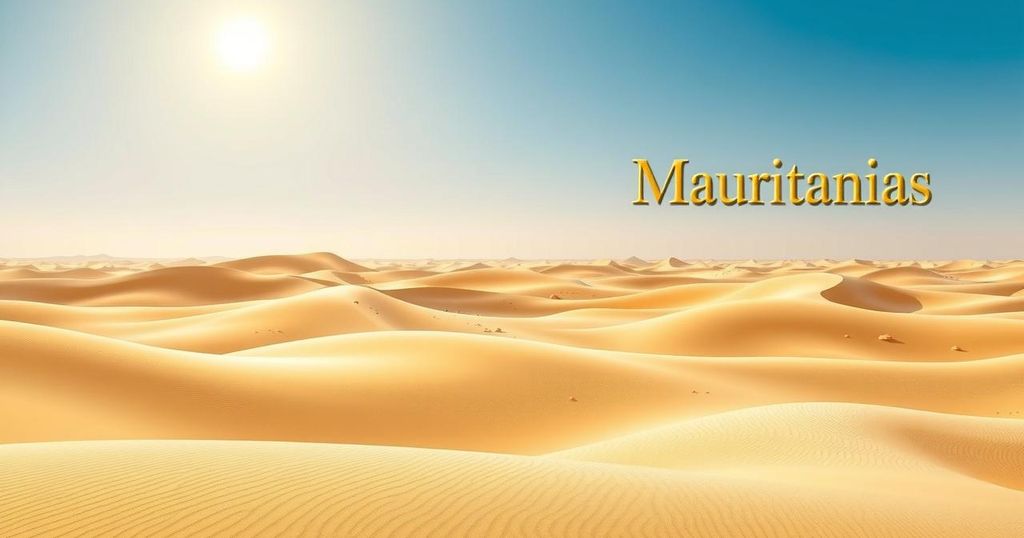Mauritania Aims to Establish Itself as a Major Fresh Produce Source
Mauritania seeks to enhance its fresh produce market presence by leveraging its agricultural potential, supported by investment and infrastructure improvements. The government, alongside investors from various nations, aims to diversify crops beyond watermelons, emphasizing horticulture’s importance to food security and economic opportunity for exports.
Mauritania, a vast country in northwest Africa, is seeking to establish itself as a significant player in the global fresh produce market. The country’s potential for agricultural development is extensive due to its abundant arable land, water resources, and favorable climate, as articulated by Aichetou Taffa, Director of Agricultural Investment and Export Promotion at the National Society for Rural Development.
Aichetou Taffa observes a growing interest in agricultural investment, highlighting, “My country is endowed with vast arable land, enormous water reserves, and a diversified climate that’s conducive to a wide range of crops.” He emphasizes that the government and various stakeholders are actively working to create a conducive environment for potential investors in Mauritania.
Historically, Mauritania has gained recognition primarily for its watermelons, which are among the first fresh produce to reach European markets each season. Aichetou notes, “This experience has been fruitful… paving the way for other products.” He also points out that the potential extends well beyond watermelons, with opportunities for exporting other early vegetables and fruits.
Highlighting the importance of horticulture for national food security, Aichetou explains the necessity of exporting due to the limitations of the local market. He asserts, “Exporting is a necessity, as well as an opportunity to position ourselves on the global market as a source of large volumes of fresh produce.”
Enhancements in agricultural infrastructure are already underway, with significant upgrades to the port of Nouakchott and reclamation of arable land. Additionally, thousands of kilometers of irrigation canals have been established, along with training for growers and cooperatives. Aichetou also mentions participation in key trade fairs to elevate Mauritania’s market presence.
Currently, investors from Morocco, the United Arab Emirates, France, and Sudan are involved in Mauritania’s fresh produce sector. Aichetou states, “We are preparing the ground for more growers, and ensuring that we provide a platform for exporters.” The focus remains on identifying priority crops where technological advancement can further enhance productivity.
In conclusion, Mauritania’s strategic ambition to develop its agricultural sector underscores its significant untapped potential. With governmental support and active involvement from local and international investors, the country aims to solidify its position in the fresh produce market. Investment in horticulture is crucial for both domestic food security and economic growth, relying on exports to establish Mauritania as a key supplier alongside other regional players.
Original Source: www.freshplaza.com




Post Comment